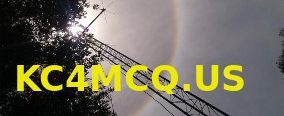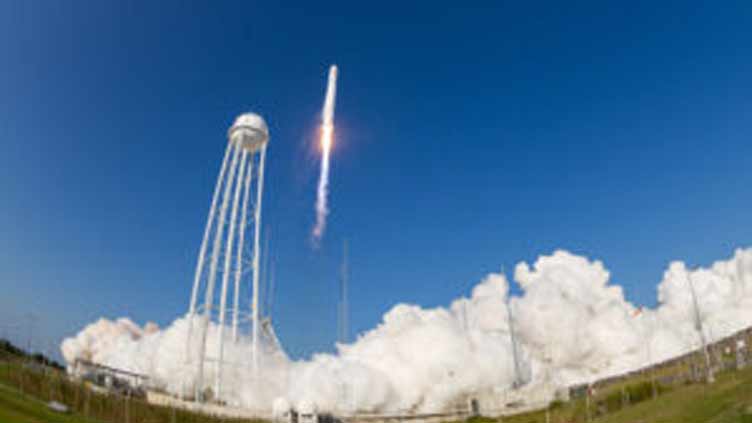The next resupply mission to the International Space Station from commercial cargo provider Northrop Grumman is preparing for launch during a window that opens Tuesday, Aug. 1, at 8:31 p.m. EDT at NASA’s Wallops Flight Facility in Virginia.

Loaded with more than 8,200 pounds of research, crew supplies, and hardware, Northrop Grumman’s Cygnus cargo spacecraft will launch on the company’s Antares rocket from Virginia Space’s Mid-Atlantic Regional Spaceport’s Pad 0A on Wallops Island.
The Cygnus spacecraft for this launch is named in honor of the late NASA astronaut, undersea medical officer, and naval flight officer Laurel Clark. Selected by NASA in 1996, Dr. Clark flew as a mission specialist aboard Columbia STS-107.
Live coverage of the launch will air on NASA Television, the agency’s website and the NASA app beginning at 8 p.m. EDT Tuesday, Aug. 1, with a prelaunch briefing Sunday, July 30 at 5 p.m. EDT.
The NASA Visitor Center at Wallops will be open for this launch. Gates open at 5:30 p.m. EDT. Viewing locations on Chincoteague Island include Robert Reed Park on Main Street or Beach Road spanning the area between Chincoteague and Assateague Islands. The Virginia, Maryland and Delaware Atlantic beaches also provide good viewing locations.
Members of the public outside of the viewing area can register to attend the launch virtually. Virtual guests will have access to curated resources, schedule changes, and mission specific information straight to your inbox. Following each activity, virtual guests are sent a mission-specific collectable stamp for their virtual guest passport. Hear more about the virtual guest program from the Crew-5 astronauts!
Follow launch activities on this launch blog and @NASA_Wallops. Learn more about space station activities by following @Space_Station and @ISS_Research on Twitter, as well as the Wallops Facebook, ISS Facebook, and ISS Instagram accounts.
Each resupply mission to the station delivers scientific investigations in the areas of biology and biotechnology, Earth and space science, physical sciences, and technology development and demonstrations.
Research investigations and other cargo launching to the orbiting laboratory aboard this Cygnus include:
- The final iteration of a series of spacecraft fire protection experiments
- A new potable water dispenser that provides hot water and improved sanitization
- Neural cells that will be cultured into 3D cell models for gene therapy testing
- A probe that measures plasma density of the upper atmosphere
- A memory card that contains creative works from students around the world
Cargo resupply from U.S. companies ensures a national capability to deliver critical science research to the space station, significantly increasing NASA’s ability to conduct new investigations at the only laboratory in space.

